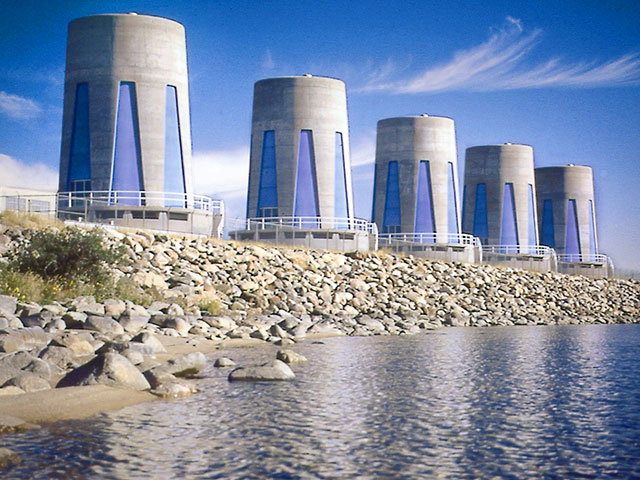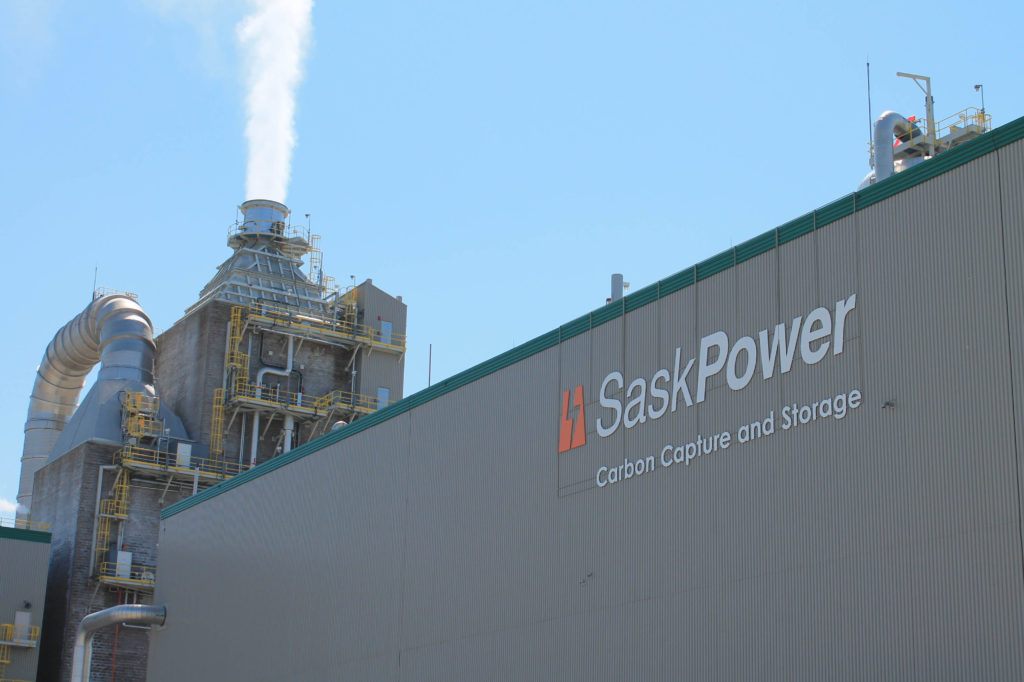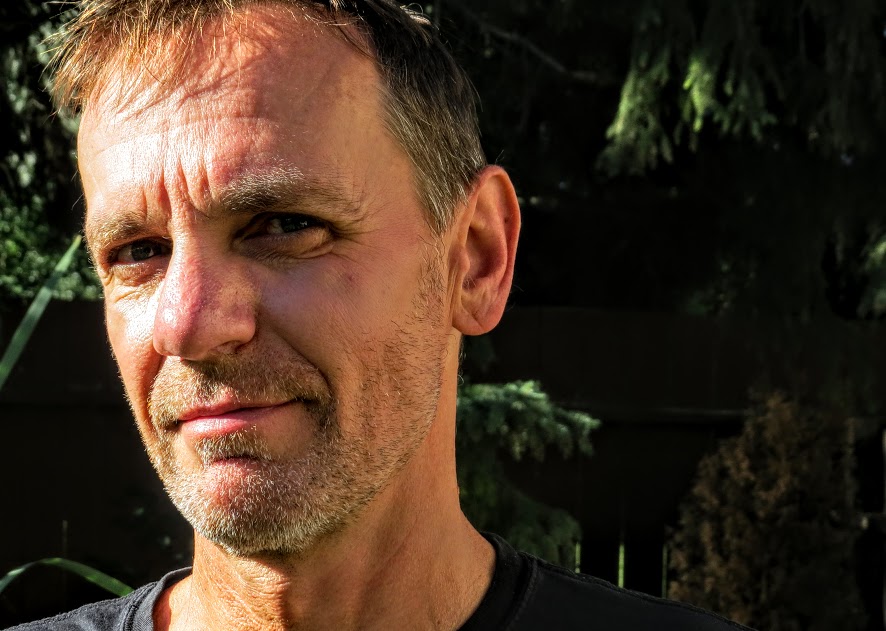It is my view that our province should increase investment in both wind generated and solar generated electricity much faster than is currently being planned. There are many places where wind farms and solar generators of various types could be built with little or no significant affect on humans or the environment. Neither of these electric generation types would be in production all day every day since the sun doesn’t always shine and the wind doesn’t always blow. However, Saskatchewan is blessed with a great deal of both and already has a strong hydroelectric sector already in place. All three of these generating systems get their input energy free since the sun supplies them all, and all three produce essentially no greenhouse gasses. For too long Sask Power has used hydro electric energy as first choice for its base load because once the dam and generator is built it has the lowest production cost per kilowatt hour.
I would suggest that once sufficient solar and wind capacity is built it should replace hydro as base load source and hydro should be used as the battery (backup system). Extra energy not needed at the time could be used to pump water into reservoirs built on high locations to add to the hydro backup system or even as a rural local base system in some places. It is my belief that fossil fuels must be phased out on the planet. Global warming is real and we are already late at mediating it. For Saskatchewan, we now have a large supply of former oil industry unemployed workers, many of whom have already got mechanical and building skills. I would like to see the province pay them to be trained to build and operate wind and solar facilities so that they could build our solar and wind farms and would have a sustainable full time job operating them thereafter.
Our province has for far too long depended far too much on revenue from natural resources like petroleum, potash, and mining ores and diamonds. These activities have over the years yielded a lot of financial return but there does not exist today a fund which has been set aside so that the inevitable swings in revenue from this type of economy could be weathered and a different type of economy developed. It is a fundamental principle of investing that wealth should be diversified for stability. Natural resource deposits are by definition unsustainable so it is a given that our provincial governments over the years have been short sighted in managing the economy of the province. It is essential that we get serious about diversification and that means there needs to be establishment of business of new and different types in this province.This would mean a whole new mindset for creating and envisioning new paths to follow for the province. That in turn requires a group of young people with different methods and creative ways to view and do things.
Further to this point , In my view this would demand a change in how our education system deals with the very brightest and talented of our school system children, particularly when they are in their grade twelve graduating year. For many years our province has lost the majority of them to other locations mainly because other universities offered much larger incentives for them to get further education. I would suggest that our universities offer more to get students enrolled here at home. If the offer included a guaranteed research job to them after graduating in return for living and working here for a set number of years, I believe the results would lead to what I describe above. This is an elitist program, but real innovation is seldom done by those of us who are just average, in my opinion. With our small population, just a few bright ideas could get us started. One Bill Gates might solve our economy for us all.
I hope that what I have written will be seriously considered by our government. I am aware that it would require going further into debt, but I believe that doing these two major things would fairly rapidly correct that situation.




